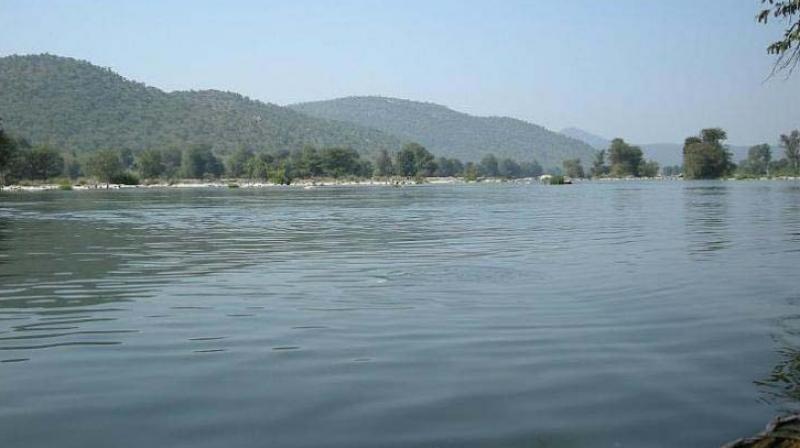Bengaluru\'s thirst emptying rivers in state: Prasanna a theatre activist
The convention will also oppose the recent decision of the government to divert Sharavati River from Linganamakki dam to Bengaluru.

Bengaluru: Gram Seva Sangh will on Sunday organise a meet of environmentalists, activists and thinkers raising fundamental questions on Bengaluru's excessive growth and its ever-increasing thirst for water, which has led to near destruction of Cauvery and Hemavathi rivers. Now the government has set its eyes on Sharavathi, Kali and Krishna waters to quench the city’s thirst.
The convention will also oppose the recent decision of the government to divert Sharavati River from Linganamakki dam to Bengaluru.
The politics over drinking water have resulted in the wrong policy making by successive governments, the ramifications of which could be seen in dried up villages.
Is it our civil duty to help build a monstrously big city? Is it ever possible, even feasible, to quench the thirst of such a city?
"Through the same policy they are destroying all the river basins of the state, to quench the monstrous thirst of the city’s rich, their constructions and their factories. All this is being done in the name of drinking water,” said Prasanna, a theatre activist.
"Mother Nature bestows 15 TMC of water every year to this city through rains. Our elders had built hundreds of water bodies, and the Thippagondanahalli water reservoir. But we have encroached lakes, cut trees, added thousands of polluting industries into the belly of Bengaluru. As a result all the water that is being pumped into the city is flowing out is poisoned,” he added.
In order to protect the river basins the activists have demanded the control over polluting industries.
"We have been so utterly un-alert to the nature of water guzzling cities we have built and expanded, there we don’t anymore worry about those who will suffer irreversibly due to such extraction, particularly in the Western Ghats. What’s worse, our insensitivity is even more when it comes to the impact this has on our biodiversity and wildlife. The idea of this seminar is to put the issue of water centrally on every table: political, economic, ecological and social. Nothing less will do,” said Leo Saldanha, environmentalist and organiser of the seminar.

